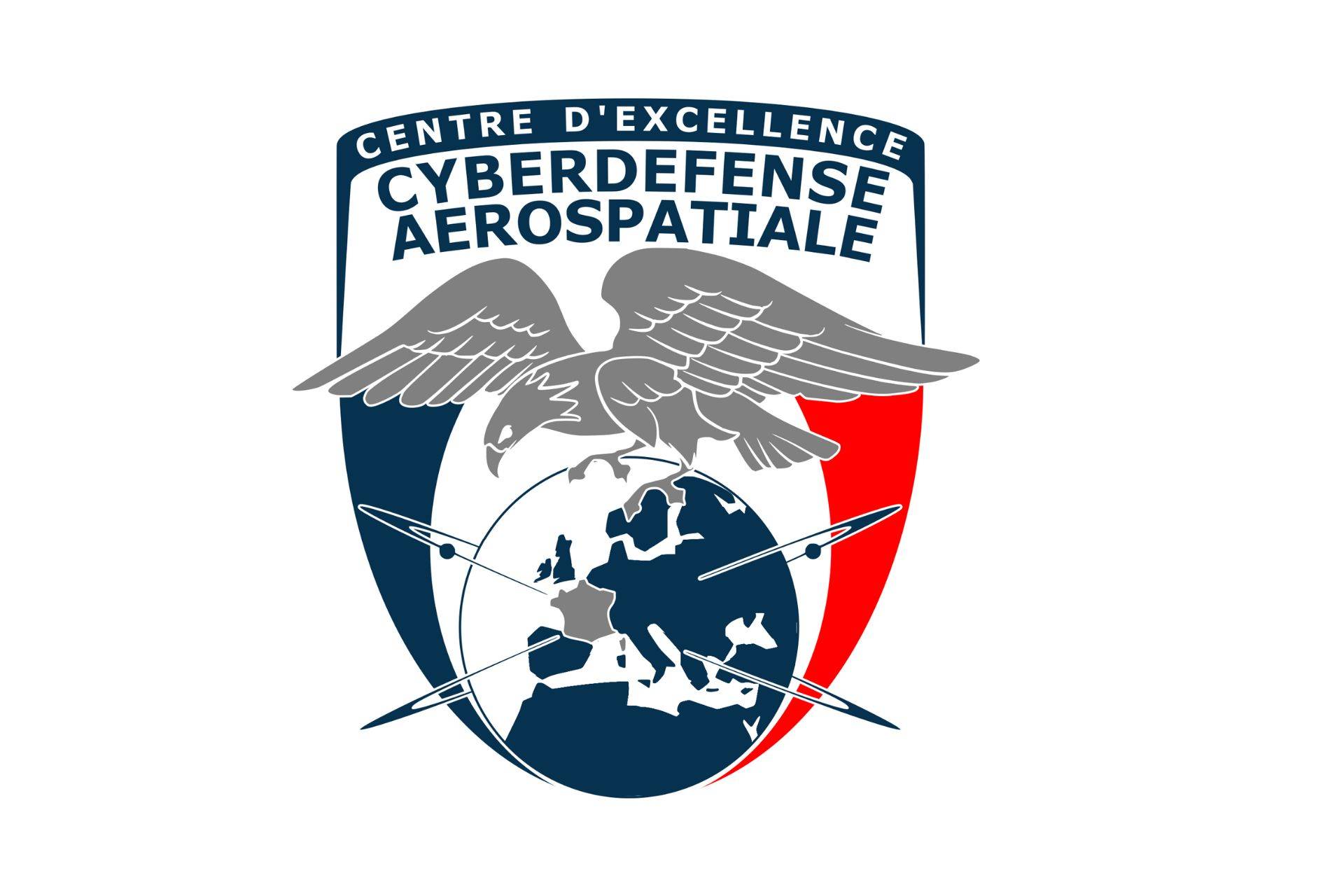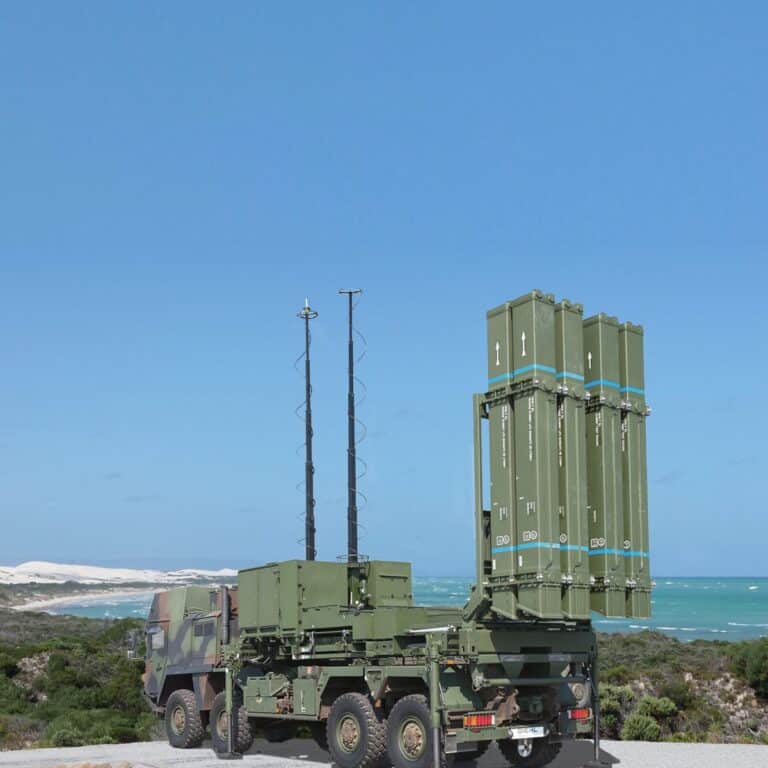In an increasingly connected world, the security of aerospace systems has never been more crucial. Cyber threats are constantly evolving, making the presence of experts in aerospace cybersecurity essential. Becoming an expert requires specific training, practical skills, and a deep understanding of the issues at stake. This article explores the various pathways that lead to this specialization, including relevant training programs, necessary certifications, and the steps in the career path to excel in this booming field.
Table des matières
ToggleThe stakes of aerospace cybersecurity
The aerospace sector faces unique security challenges. The rise of connected systems, from drones to satellites, exposes these infrastructures to various types of cyberattacks. Aeronautical cybersecurity has thus become a strategic issue for organizations such as Airbus and Boeing, which are heavily investing in robust security solutions.

Importance of cybersecurity in the aerospace sector
The security of information is essential to protect sensitive data related to aerial operations. Malicious attacks can lead not only to financial losses but also to risks to human life. Cybersecurity incidents in this sector can affect both military and commercial operations. In the face of these threats, companies are increasingly looking for profiles of aerospace cybersecurity experts who can provide tailored solutions.
The different types of threats
Cybersecurity threats can be grouped into several categories, including:
- Denial of Service attacks (DDoS)
- Malware infiltrations
- Targeted attacks on critical infrastructures
- Theft of sensitive data
- Manipulations of automated systems
Essential training to become an expert in cybersecurity
A solid training foundation is the cornerstone for excelling in aerospace cybersecurity. Several institutions, such as the Air and Space School, offer specialized programs. Additionally, there are also university courses dedicated to information systems security.
Required degrees
Most aerospace cybersecurity experts hold a Bac +5 degree in fields related to engineering sciences, computer science, or information security. Among the most recognized pathways are:
- Master’s in cybersecurity, often offered by engineering schools like SUPINFO.
- Information systems engineering with a specialization in security.
- Specialized master’s in artificial intelligence and cybersecurity.
Cybersecurity certifications
In addition to traditional degrees, certifications play a crucial role in qualifying an expert. The most relevant include:
| Certification | Description |
|---|---|
| CISSP | Certificate in information systems security, recognized internationally. |
| CISM | Focus on information security management. |
| CEH | Ethical hacker, training in intrusion detection and prevention. |
Building your professional network
Establishing a strong network is essential for progressing in the field of aerospace cybersecurity. Attending conferences, participating in working groups, and joining specialized forums allows connection with key industry players. It also promotes the exchange of best practices, a valuable source of learning.
Events not to be missed
Participating in events such as the International Air and Space Show is an excellent opportunity to meet industry professionals and discover the latest trends in cybersecurity. Professional meetings organized by entities such as the DefTech Club are also relevant to enrich one’s network.
Online resources
To stay updated with trends in aerospace cybersecurity, platforms like Cyberinstitut offer online resources and discussion forums. These spaces allow professionals to ask questions and share experiences.
Professional opportunities in the field
The aerospace cybersecurity sector offers a wide range of opportunities. Careers can vary from technical expert to information systems security manager to consultant roles. Companies like Boeing and Airbus are constantly looking for new recruits, adding positive pressure on the need for qualified training.
The different professions available
Here are some examples of jobs that are available to cybersecurity experts:
- Security systems architect
- Cybersecurity analyst
- Information systems security engineer
- Cybersecurity consultant
Career advancement prospects
Experienced experts may consider advancement to managerial or executive positions. Additionally, with the rise of technologies such as artificial intelligence, new roles are emerging, creating a growing need for cybersecurity skills. These experts also have the opportunity to participate in international projects and industrial consortia.

Benefits of a career in aerospace cybersecurity
Working in this sector provides a certain prestige, the opportunity to work with cutting-edge technologies as well as a high earning potential. Salaries can vary, but due to increasing demand, cybersecurity experts can expect very competitive compensation.
Conclusion on the path to expertise in aerospace cybersecurity
Achieving the status of an expert in aerospace cybersecurity requires determination and a commitment to continuous learning. With appropriate training, recognized certifications, and ever-evolving skills, it is possible to navigate toward a rewarding career in this field. Whether you are aiming for specialized training or seeking resources to refine your skills, there are many pathways to achieve this. By committing to skill development, networking, and pursuing practical experiences such as internships, one positions oneself favorably to contribute significantly to the security of aerospace systems.






















